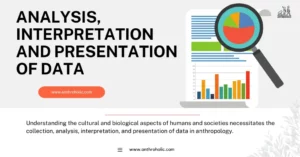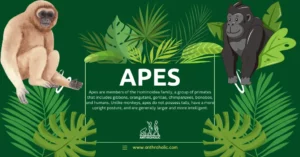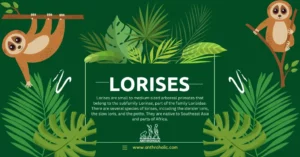AI Answer Evaluation Platform Live Now. Try Free Answer Evaluation Now

Bronze Age
The Bronze Age is an incredibly important period in human history. Named for the significant technological development of smelting copper with tin to create bronze, it was an era that brought forth complex societies, specialized labor, and interregional trade.








